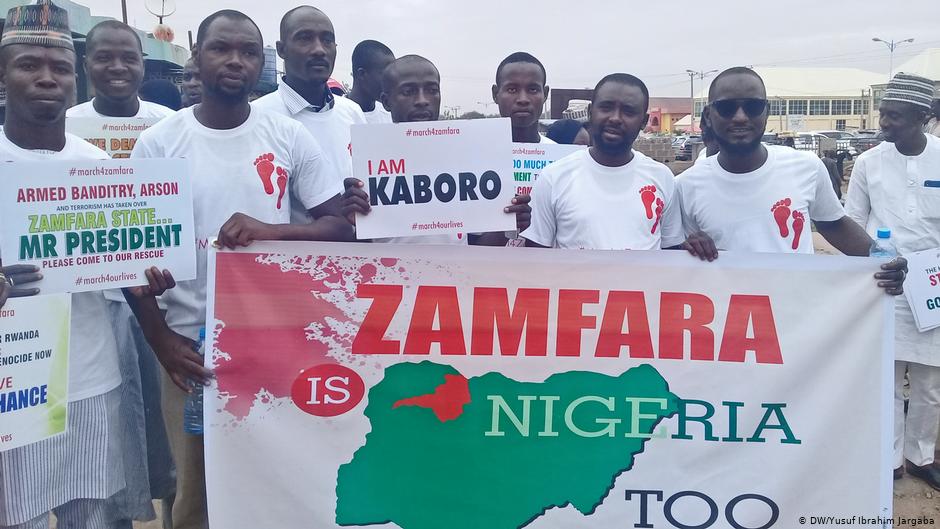One year after FG signaled plans to refloat national fleet, stakeholders begin to lose hope
Expectations of leading stakeholders in the flotation of a national shipping line to be driven by private sector investors seem to have started varnishing as the Ministry of Transportation has suddenly began to maintain sealed lips on the scheme since this year.
Business Hilights recalls that among the first set of promises given to stakeholders by Mr. Rotimi Amaechi on his appointment as the Minister of Transport was the floatation of national shipping line.
He told stakeholders that he has met with several international operators who are ready to invest in the scheme, adding that the new target of the government is no more national shipping line but national fleet.
But three months after the pronouncement, the Minister began a U-Turn, saying government will no more be part of the new plan rather interested investors should organize themselves and apply for approval.
However, stakeholders say the level of inconsistency on pronouncements on the matter by the minister is highly discouraging.
But speaking on the matter again lately, the chairman, Ministerial Steering Committee of the National Fleet, Hassan Bello, who doubles as the Executive Secretary of Nigerian Shippers’ Council (NSC) said the committee was exercising caution in other not to repeat the mistakes that led to the collapse of the Nigerian National Shipping Line (NNSL).
“This is a process, also we have done one (NNSL) that has gone bad so we have to be very sure. But in other not to have the same experience, we have appointed transaction adviser who will advise and allow us to get the modalities right. We are not in a hurry to set up national fleet but a worthy national fleet.”
According to Bello, tanker vessels will boost Nigeria economy and its earnings in freighting crude out of the country.
He said the fund, which would have been moved out of the country as capital flight, will remain in the economy when tanker vessels come in place.
Bello said tanker fleet was part of the mandate of his committee, stressing that “When we set up a tanker fleet, the fund will remain with our ship owners and that will be in Nigeria economy. It is important to note that the Petroleum Ministry for the first time developed strategy that will allow Nigeria freight its crude oil”.
“The national fleet committee met with the NNPC and we engaged them. All this are preliminary and in fact tanker fleet is part of our mandate. NNPC has set up a kind of shipping company called NIDAS. We commend the minister of Petroleum Resources who made this unprecedented effort.”
In an interview, a shipping expert and president, Ship owners Association of Nigeria (SOAN), Greg Ogbeifun confirmed that no Nigeria owns a tanker fleet and in the last meeting with NNPC, they categorically said no Nigeria Company or individual owns a tanker or vessel.
Business Hilights has observed that the Nigerian economy would gain about $6.2billion, approximately (N2.93trillion at prevailing rate of N450/ dollar), lost to capital flight on freighting of Nigeria crude oil by foreign vessels.
Nigeria’s economy is to make this gain because the Federal Ministry of Transportation, through the Nigerian Shippers’ Council, is vigorously pursuing the establishment of crude tanker fleet to lift Nigerian crude and train indigenous cadets in the international trade.
Currently over 771,689,625bbl (107,179,115mt) of crude oil was lifted from Nigeria in 2015 and all by non Nigerian vessels.








